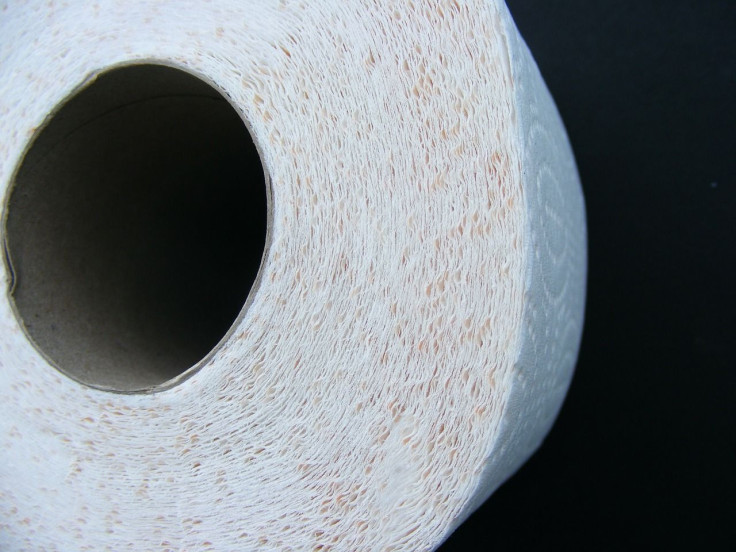Female Urinary Incontinence: The 4 Types, Plus When It's Time To Go See A Doctor

Female urinary incontinence is unpleasant, frustrating, and highly inconvenient. It is also incredibly common, with up to 95 percent of women experiencing a loss of bladder control at some point in their lifetime. It’s possible that because the condition is so common, many women simply accept that urinary incontinence is just of part of being a woman, like menstruation or menopause.
It’s an unfortunate misconception, especially for any woman whose quality of life is negatively impacted by incontinence. Not only should women visit with a urogynecologist — a physician who specializes in female incontinence — they should also inquire about the various treatment options available to relieve their symptoms.
When should I see a doctor about urinary incontinence?
In women, incontinence is most common post-childbirth and after menopause. These two periods of time in a woman’s life are when her pelvic floor muscles are weaker, either due to giving birth or age. Your pelvic floor muscles support your pelvic organs: the bladder, uterus, and bowel. However, incontinence can occur for reasons outside of childbirth and age. Some other causes for incontinence include vaginal prolapse, chronic urinary tract infections (UTIs), pregnancy, obstruction such as a kidney stone, or undergoing a hysterectomy or other pelvic surgery.
Women are encouraged to visit an incontinence physician in two situations: if urinary incontinence persists for weeks or months and/or if quality of life is adversely affected by urinary incontinence. Your gynecologist may also refer you to a nearby urogynecologist.
Are there different types of incontinence in women?
Yes. Men and women can experience two types of incontinence: urinary and bowel. Urinary and bowel incontinence are treated differently by addressing which areas of the body are experiencing a loss of control.
There are four different types of bladder control loss:
- Stress incontinence – Also known as “leaking,” this occurs during an action like sneezing, coughing, or laughing.
- Urge incontinence – A sudden, immediate need to urinate. Patients often cannot reach a bathroom in time.
- Overflow incontinence – When the bladder is too full to continue holding urine. This typically occurs when the urethra is blocked or nerve damage has occurred.
- Mixed incontinence – a combination of two or more types of incontinence, such as stress and overflow or urge and stress.
How does a urogynecologist treat incontinence?
Most women who experience incontinence are relieved to hear that many cases can either be significantly improved or completely cured with effective treatment. Depending on your situation, your physician may first recommend lifestyle changes to ease symptoms. These can include simple actions like pelvic floor exercises, changes to your diet and liquid intake, or more involved actions such as medication or a pessary, which is a removable device placed into the vagina to support your pelvic organs.
In some cases, a urogynecologist may suggest nerve stimulation, or surgery, should other treatments prove ineffective. These procedures include bladder Botox or neuromodulation for overactive bladder. For leakage with coughing, laughing, lifting and activity, a urethral hammock or bulking, which most effectively treats stress incontinence will be used. Urethral bulking is a surgical procedure which involves injecting non-dissolvable bulking materials around the urethra in order to act as a “roadblock” to passive (unintentional) urine loss and leaking. Some other procedures include surgically placing a urethral hammock to help support the urethra, a urethral sling, vaginal sling and cystoscopic injections.
Again, every case of urinary incontinence may differ, so it’s important to discuss your symptoms with a urogynecologist so an effective treatment plan can be developed.
Women should know that there is no need to ignore or “deal with” urinary incontinence. The condition is very common and can affect women of all ages (not just older women.) Chances are that you likely already know someone who has lived with or is currently experiencing incontinence.
The Urogynecology Center of San Francisco (UGCSF) provides treatment for female pelvic floor disorders including urinary incontinence, fecal incontinence, uterine prolapse, vaginal prolapse, and gynecological surgery (such as a hysterectomy). Patients visit UGCSF from throughout the Bay Area including San Francisco, Marin County, Oakland, Berkeley and other nearby locations. Led by Dr. Heidi Wittenberg, UGCSF specializes in minimally invasive procedures and supportive, personalized care. Make an appointment today to visit UGCSF.



























